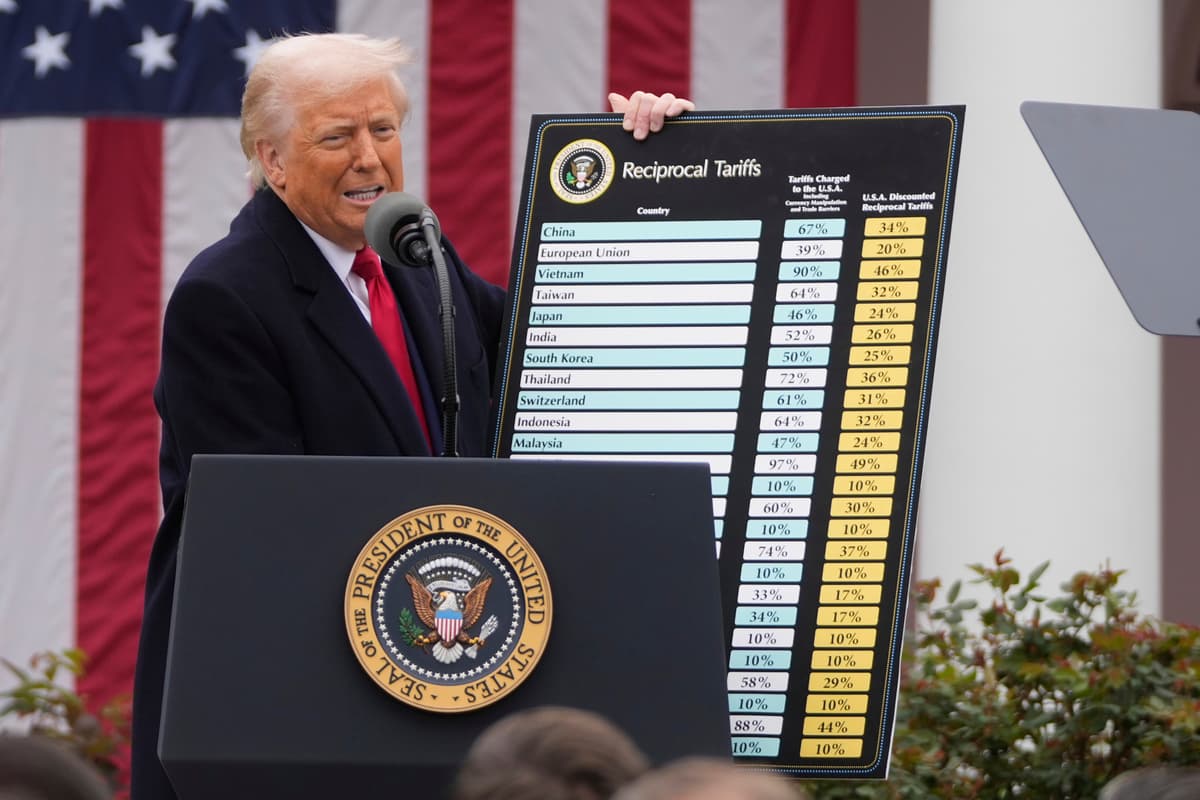A pivotal federal appeals court hearing is set to determine the fate of a cornerstone presidential trade policy, with significant ramifications for the nation’s economic landscape. This crucial legal battle centers on a contentious set of reciprocal tariffs, widely known as ‘Liberation Day’ tariffs, which are slated to take effect on August 1, posing immense uncertainty for various sectors of the US economy.
These tariffs, a signature initiative of the current administration’s trade policy, were conceptualized as a means to rebalance global commerce and protect domestic industries. Their implementation, however, has faced immediate and robust legal challenges from a coalition of industry groups and consumer advocates, who argue against their legality and potential economic disruption.
The plaintiffs in this high-stakes case contend that the tariffs overstep the President’s constitutional presidential powers regarding trade, asserting that such broad economic measures require explicit congressional authorization. Their legal brief highlights concerns about due process and the potential for unilateral executive actions to bypass established legislative processes, setting a critical precedent for future trade negotiations.
Conversely, the administration’s legal team is vigorously defending the tariffs, framing them as a necessary exercise of executive authority to safeguard national economic interests. They argue that existing statutes grant the President ample discretion to impose such duties in response to perceived unfair trade practices by other nations, emphasizing the need for swift action in complex international trade disputes.
The anticipated economic impact of these tariffs looms large, with analysts predicting varied consequences across different industries. Manufacturers reliant on imported raw materials could face increased costs, potentially leading to higher consumer prices and reduced competitiveness. Conversely, proponents suggest the tariffs could incentivize domestic production and strengthen local supply chains, although the long-term effects remain subject to intense debate.
This case represents a significant instance of judicial review over executive branch actions, underscoring the delicate balance of power within the U.S. government. The court’s decision will not only shape the immediate future of these specific tariffs but could also redefine the scope of presidential authority in enacting trade measures without direct legislative approval, particularly in ongoing tariff disputes.
As the August 1 deadline approaches, businesses, consumers, and international partners are closely watching the proceedings, understanding that the court’s judgment will have far-reaching implications. The outcome will either solidify a key tenet of the administration’s economic platform or compel a significant reevaluation of its approach to global trade, making this a landmark decision in modern American economic policy.






Leave a Reply